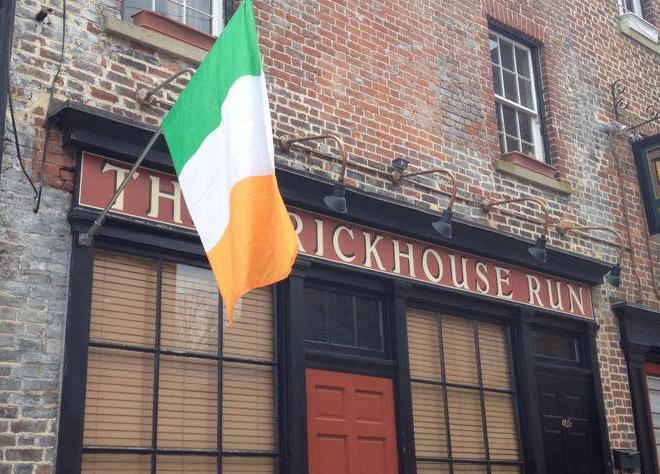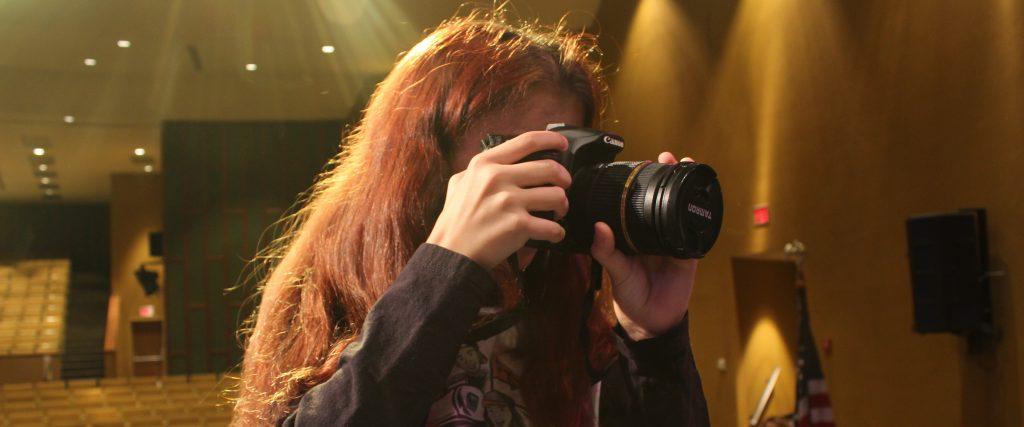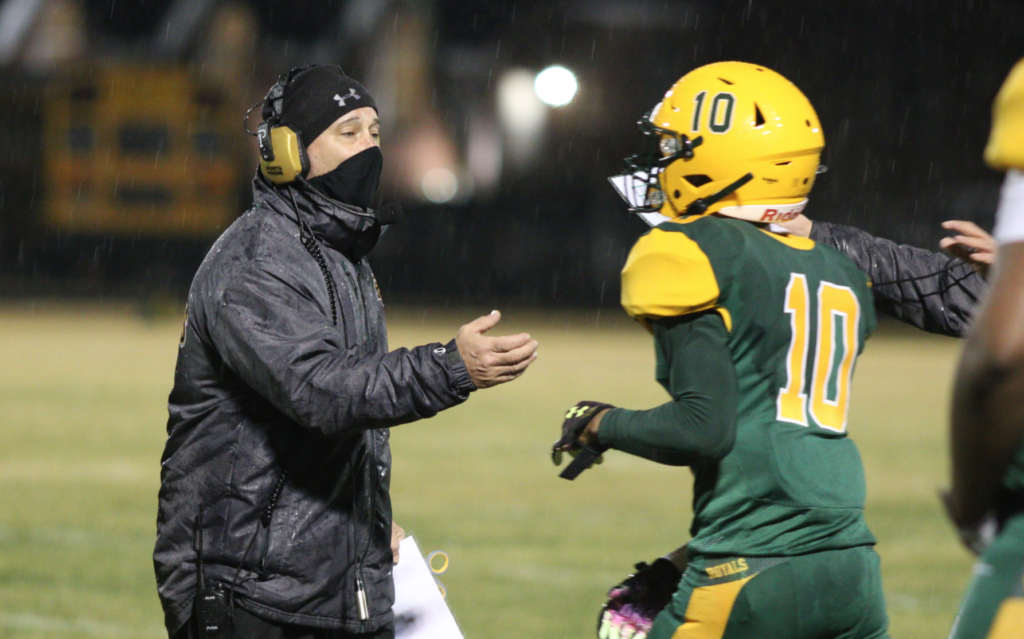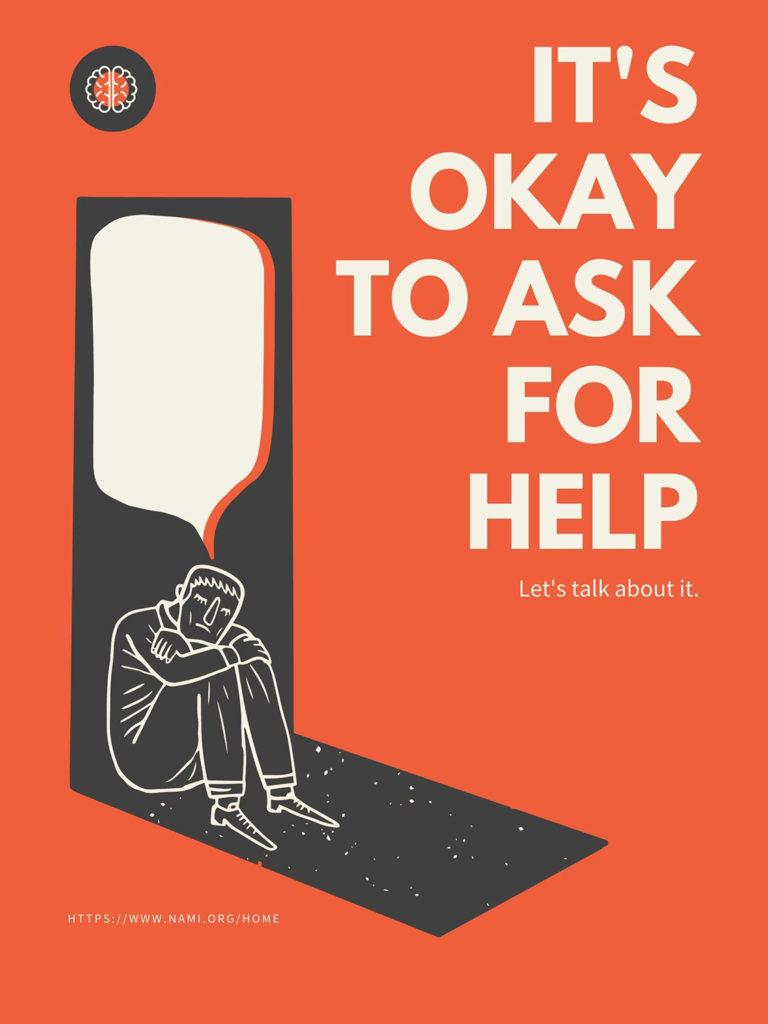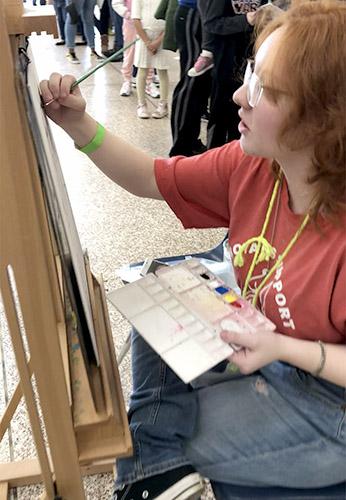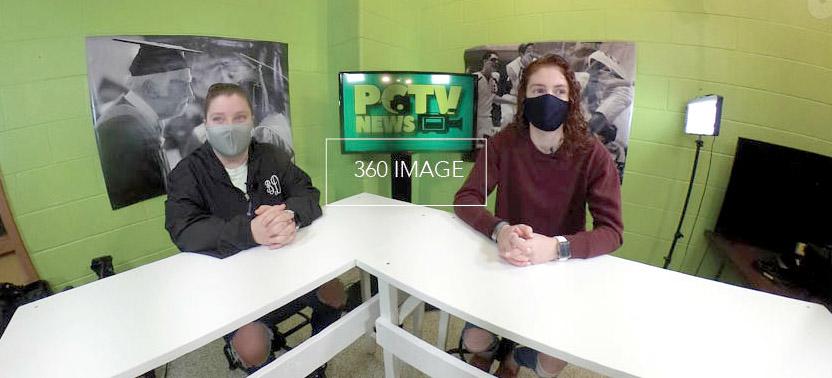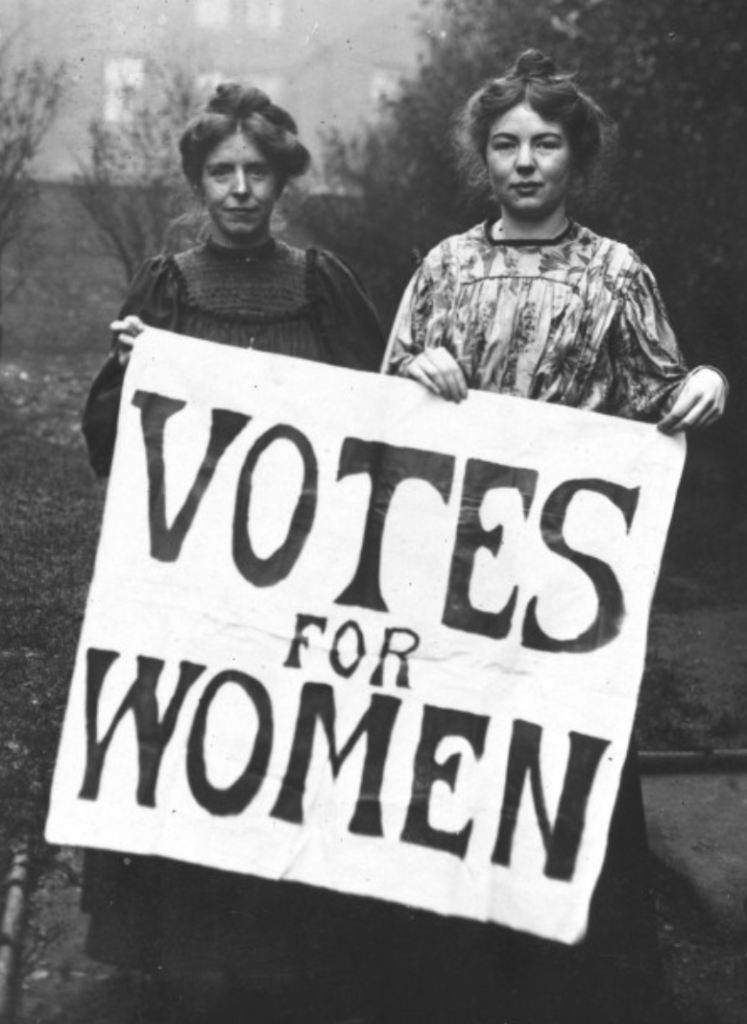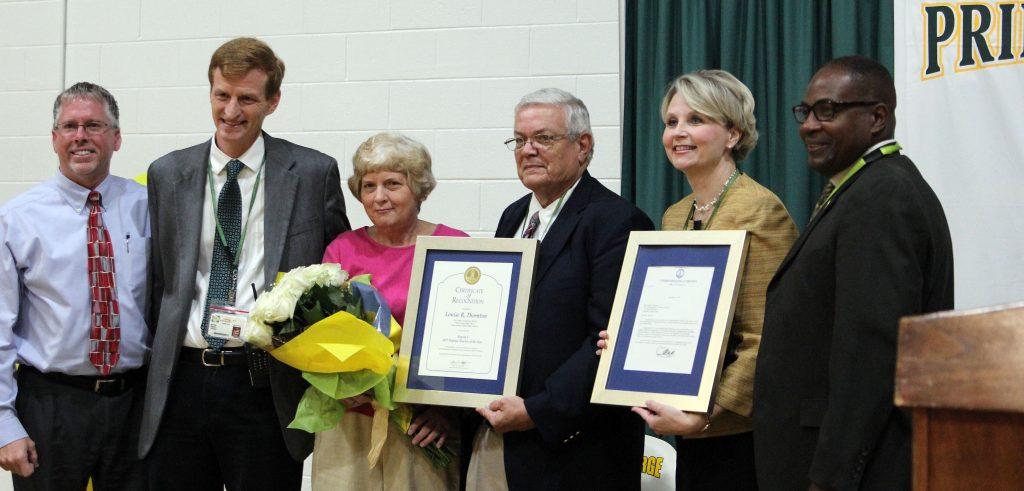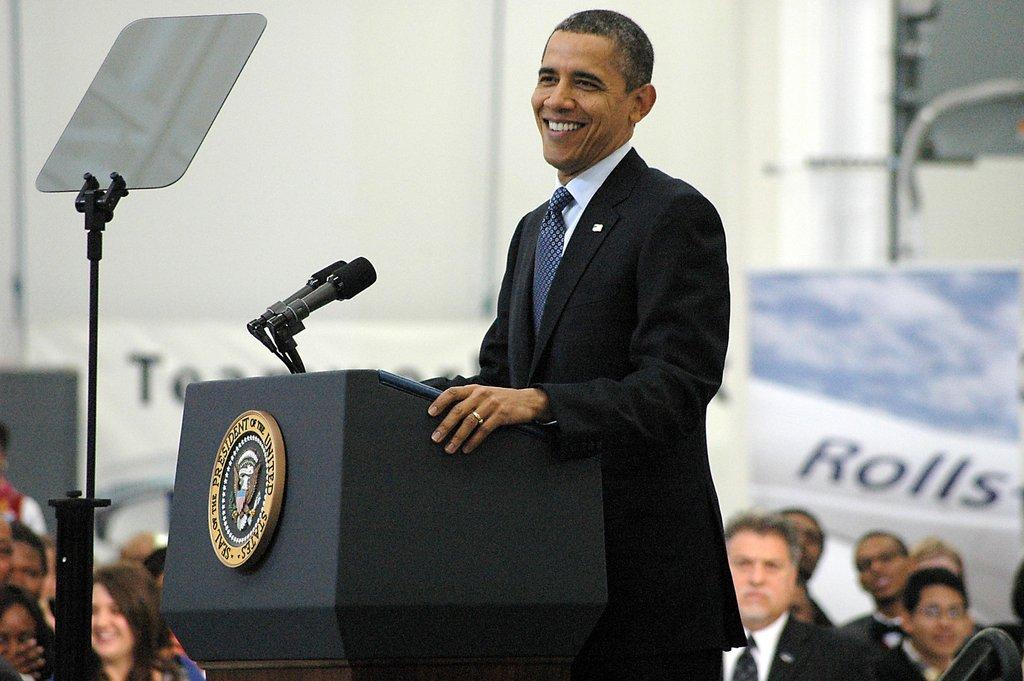
President Barack Obama has proposed yet just another Band-Aid of an idea to try and put more money in the pocket’s of consumers. In his most recent State of the Union address, Obama proposed his executive order to raise the federal minimum wage (mostly employees of federal contractors) to $10.10.
“In the coming weeks I will issue an executive order requiring federal contractors to pay their federally-funded employees a fair wage of at least $10.10 an hour,” Obama said in his State of the Union address. “Because if you cook our troops’ meals or wash their dishes, you should not have to live in poverty.”
Along with raising the federal minimum wage, the Obama Administration is completely onboard with a bill designed by Senator Tom Harkin (Democrat-Iowa) and Representative George Miller (Democrat-Calif.) that would raise the national minimum wage to $10.10 an hour.
“Today the federal minimum wage is worth about twenty percent less than it was when Ronald Reagan first stood here. And Tom Harkin and George Miller have a bill to fix that by lifting the minimum wage to $10.10. It’s easy to remember: 10.10,” Obama said in the address. “This will help families. It will give businesses customers with more money to spend. It does not involve any new bureaucratic program. So join the rest of the country. Say yes. Give America a raise.”
The reality is this: putting more money into the hands of consumers’ means more money circulating in the economy. This concept, as any economics major can agree with, is simple but also has external factors that sway its accuracy.
For example, the most common factor that comes up with raising minimum wage is inflation. In economics, inflation is defined as a consistent increase in prices of goods and services over a period of time.
Even though there is very little evidence saying that raising the minimum wage affects inflation, most employers who couldn’t afford the increase in wages would be left with the options of either cutting employees or raising prices. This is where the argument comes in though that if consumers had more money, they would be able to afford the gradual increase in prices.
Junior Riley Rakes, who has been a part-time employee at Swader’s Sports Park for a little over a month, believes that increasing minimum wage isn’t the answer.
“Because minimum wage is a one-size-fits-all sort of deal, it’s not a reliable measure of the value of labor,” Rakes said. “When everyone is making more money, they will have more money to buy things which means businesses make less money, which means they are forced to raise prices. Therefore, no one really gets ahead.”
The controversial issue has many people trying to find compromise, or middle ground, in a topic that has so many pros and cons.
A solution that is in debate, which ultimately has noticeable flaws but possible upsides, would be to raise the minimum wage for workers over the age of 18 and keep the minimum wage for minors the same.
No matter what, the solution will have to be decided on the elements of compromise. In heart and entity, America is a mixed economy that has always leaned more toward capitalism than socialism and hopefully that never changes.
Raising the minimum wage will be a constant struggle on the agenda of economic politics. Though it seems like it will come down to a situation of picking higher prices or less jobs, there is more that goes into it. America indeed deserves a raise, but a raise with strategy and precision will provide a more successful product.



